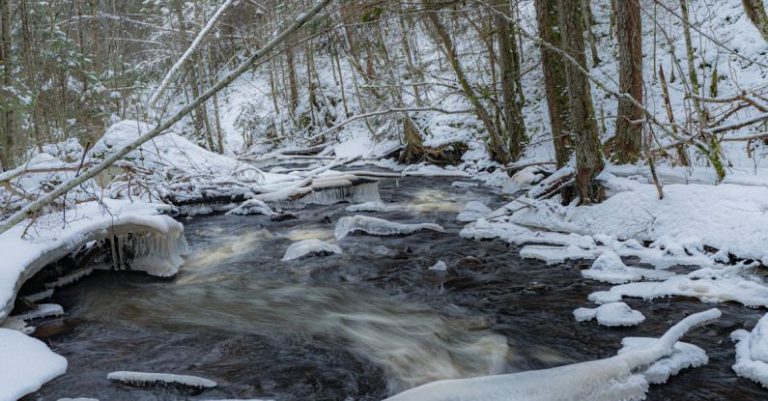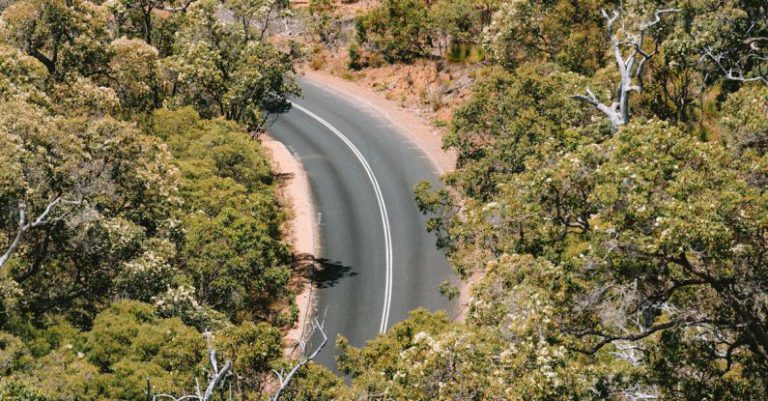
Hiking is a wonderful way to immerse yourself in nature and get some exercise, but getting lost in the wilderness can quickly turn a pleasant outing into a stressful situation. With a little preparation and some basic navigation skills, you can minimize the risk of getting lost while hiking and ensure a safe and enjoyable experience.
Choose the Right Trail
Before setting out on a hike, take the time to research and choose a trail that matches your skill level and experience. Consider the length of the trail, elevation gain, terrain, and any potential hazards. Opt for well-marked trails if you are a beginner or unfamiliar with the area. Trails with clear signage and well-defined paths can help you stay on course and reduce the chances of getting lost.
Pack Essential Navigation Tools
Carrying the right navigation tools can make a significant difference in preventing you from getting lost while hiking. Make sure to bring a detailed map of the area, a compass, and a GPS device if available. Familiarize yourself with the map and the route before starting your hike, and periodically check your position to ensure you are on the right track. A compass can help you orient yourself and determine the direction you need to go, while a GPS device provides accurate location information in real-time.
Stay on the Trail
One of the easiest ways to avoid getting lost while hiking is to stay on the designated trail. Straying off the path increases the risk of losing your way, especially in unfamiliar terrain. Pay attention to trail markers, signs, and any landmarks that can help you stay on track. Avoid taking shortcuts or venturing into unmarked areas to prevent confusion and potential disorientation.
Use Natural Markers
In addition to man-made signs and markers, you can also rely on natural features to help you navigate and avoid getting lost while hiking. Look for prominent landmarks such as mountains, rivers, rock formations, or distinctive trees that can serve as reference points along the trail. Observing the position of the sun or the direction of the wind can also provide valuable clues about your location and orientation.
Plan Your Route
Before embarking on a hike, plan your route carefully and inform someone about your itinerary. Let a friend or family member know where you are going, the expected duration of your hike, and when you plan to return. In case you do get lost, having a trusted person aware of your plans can expedite search and rescue efforts. Stick to your planned route as much as possible and avoid deviating from it unless absolutely necessary.
Practice Navigation Skills
Even with modern technology, having basic navigation skills can be invaluable in preventing you from getting lost while hiking. Learn how to read a map, use a compass, and interpret natural signs to navigate effectively in the wilderness. Practice orienteering in different environments and conditions to build confidence in your abilities and enhance your situational awareness.
Remain Calm and Assess the Situation
If you find yourself lost or disoriented while hiking, the most important thing is to remain calm and assess the situation rationally. Stop moving, stay in one place, and try to recall the path you took to reach your current location. Use your navigation tools to determine your position and identify potential landmarks that can help you get back on track. Avoid panicking or making impulsive decisions that could lead you further astray.
Conclusion: Stay Safe and Enjoy the Journey
Getting lost while hiking can be a frightening experience, but with proper preparation and navigation skills, you can minimize the risk and ensure a safe and enjoyable outdoor adventure. By choosing the right trail, packing essential navigation tools, staying on the path, using natural markers, planning your route, practicing navigation skills, and remaining calm in challenging situations, you can avoid getting lost and make the most of your hiking experience. Remember to prioritize safety, respect the wilderness, and appreciate the beauty of nature as you explore the great outdoors.





